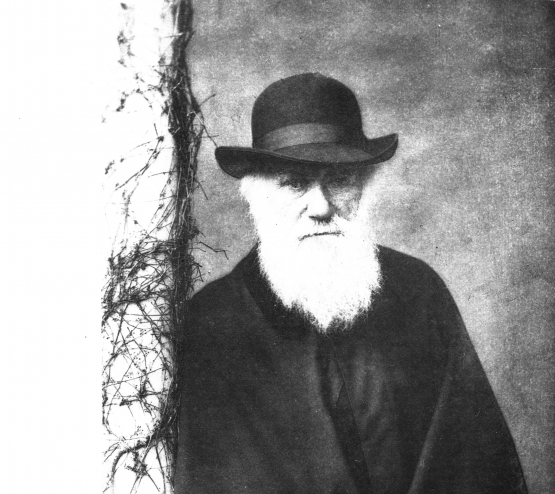Charles Darwin was born on 12 February 1809; which would make Saturday 12 February, 2022 his 213th Birthday!
However the scientific journey he started is still just in its early days. In 1837 Darwin first sketched his theories of how life might evolve along the branches of an imaginary tree, which he referred to as the tree of life (TOL). This term and its related visualisations are still used today to show how different species relate back to common ancestors.
The tree of life is a useful way to think about how organisms relate to each other, but in evolutionary science, Darwin’s ideas on the specifics of evolution and how to categorize living things are still hotly debated.

“The affinities of all the beings of the same class have sometimes been represented by a great tree. I believe this simile largely speaks the truth.”
— Charles Darwin
One way we have started to uncover the mysteries of how everything fits together is using DNA. Although DNA was discovered in Darwin’s lifetime by Swiss physiological chemist Friedrich Miescher, the importance and significance of DNA took over a hundred years and a lot of scientists to uncover. DNA contains the instructions that cells need to make any living thing work, and if DNA is a book, genomes are what’s written within that book.
A genome is effectively the information contained within DNA, with which we can start to understand what makes you, you. Sequencing the human genome began in 1990 and took 13 years, about a billion dollars and an international team of researchers. Today anyone can get their genome sequenced, cheaply on the internet, just by sending in a swab of their DNA. And so begins a new stage of science. In the UK, the Darwin Tree of Life project (DToL) has set out with the ambitious aim to sequence all eukaryotes (that’s anything with a cell that has a clearly defined nucleus) and here at the MBA we are working on the marine eukaryotes.
This project will push the boundaries of genome sequencing even further, working out how to extract DNA from tiny (and sometimes unhelpfully slimy) organisms, and sequencing them to create a huge resource (a library) available freely to everyone. DToL is part of a larger collection of groups, looking to sequence the genomes of life and to uncover all the hidden mysteries hidden within them.
Darwin Tree of Life Project team at the Marine Biological Association
Genome-level understanding of marine life is at the core of MBA science. The project team at the MBA utilise the DToL genomes to help better understand the diversity and evolution of marine organisms, including how they respond to environmental stressors and climate change. They link the genomes with physiological, ecological and biogeographical research and long-term time-series to generate novel understanding of the mechanisms by which marine species respond to the environment and anthropogenic change. To find out more about the team and their work, please visit the Darwin Tree of Life website.